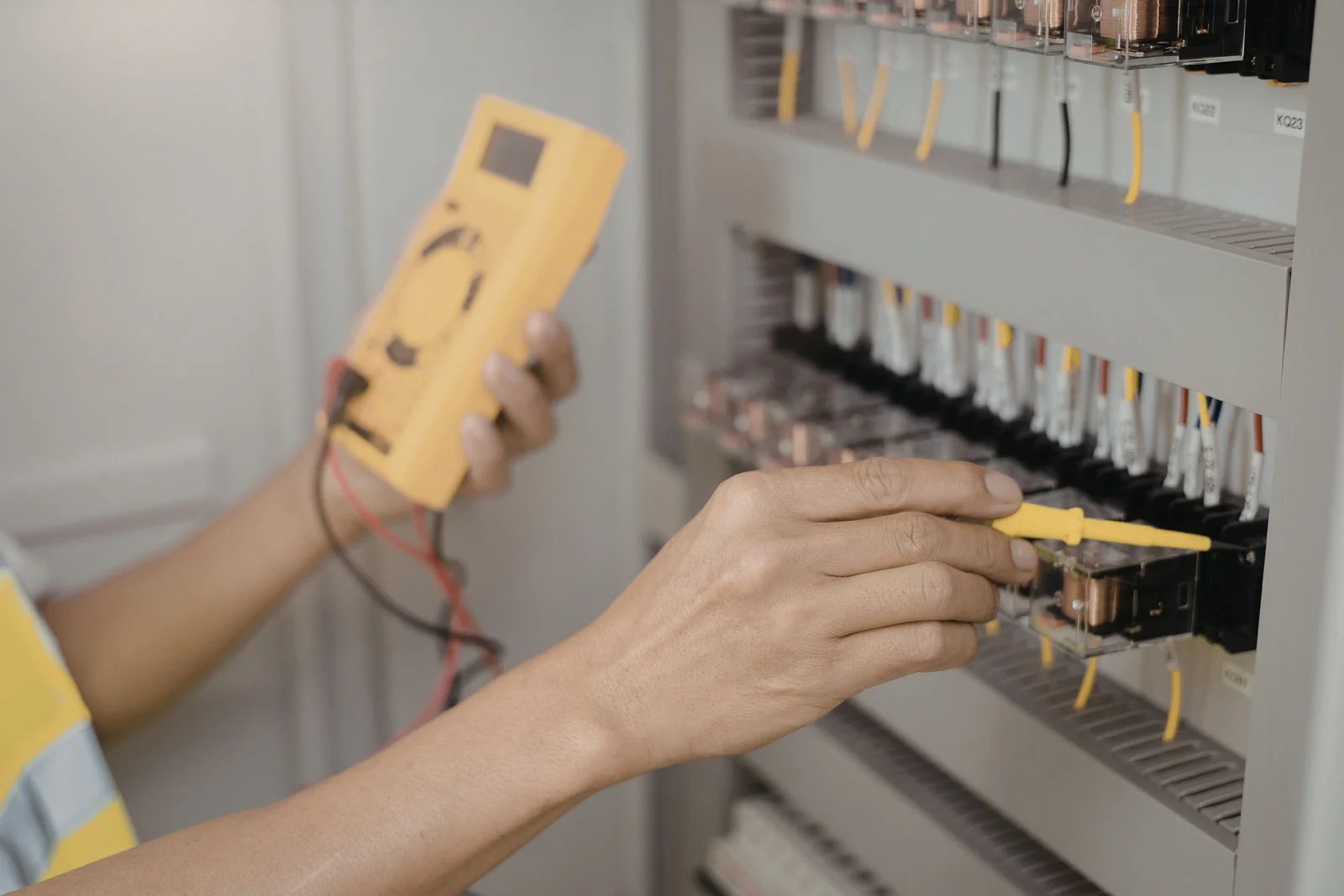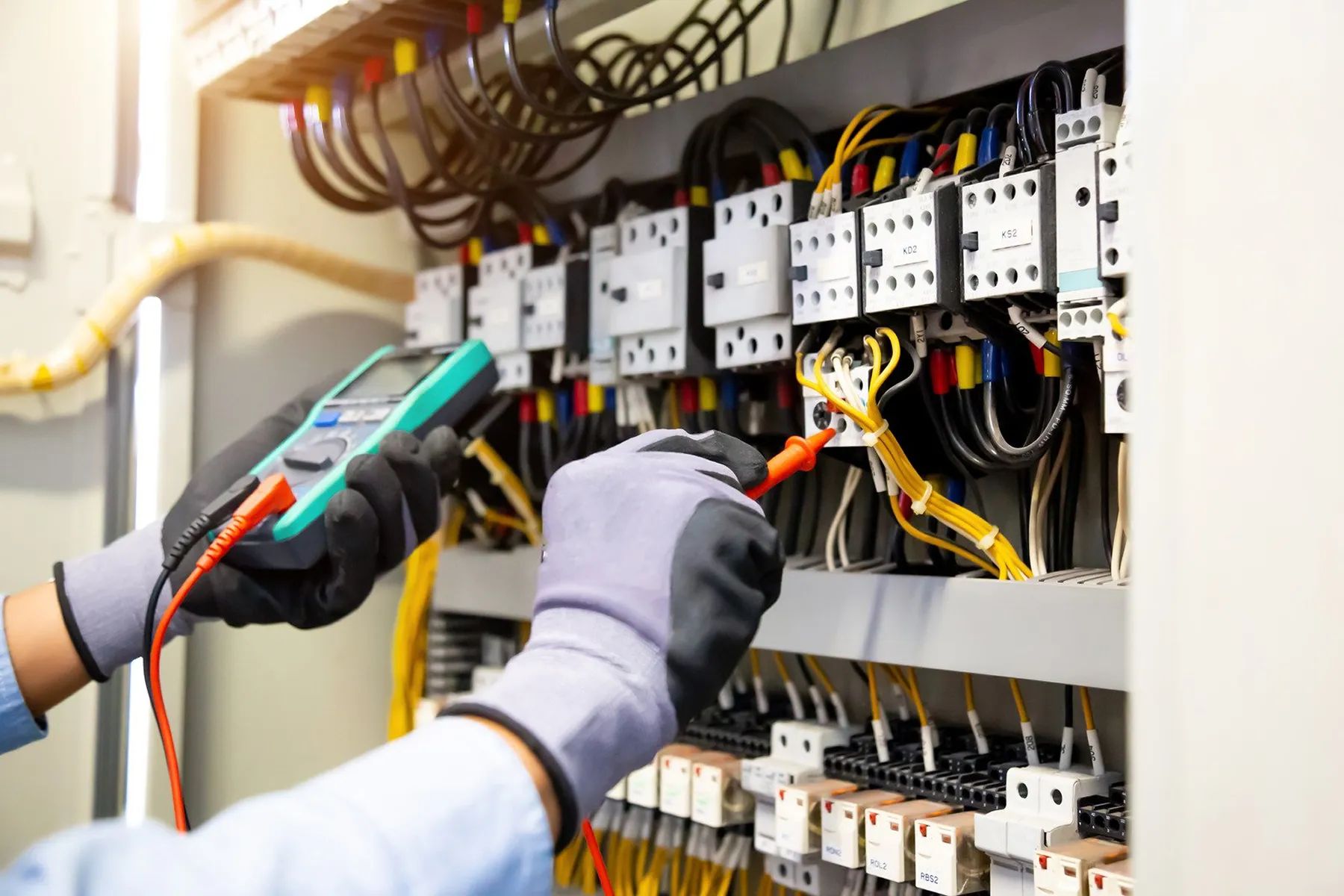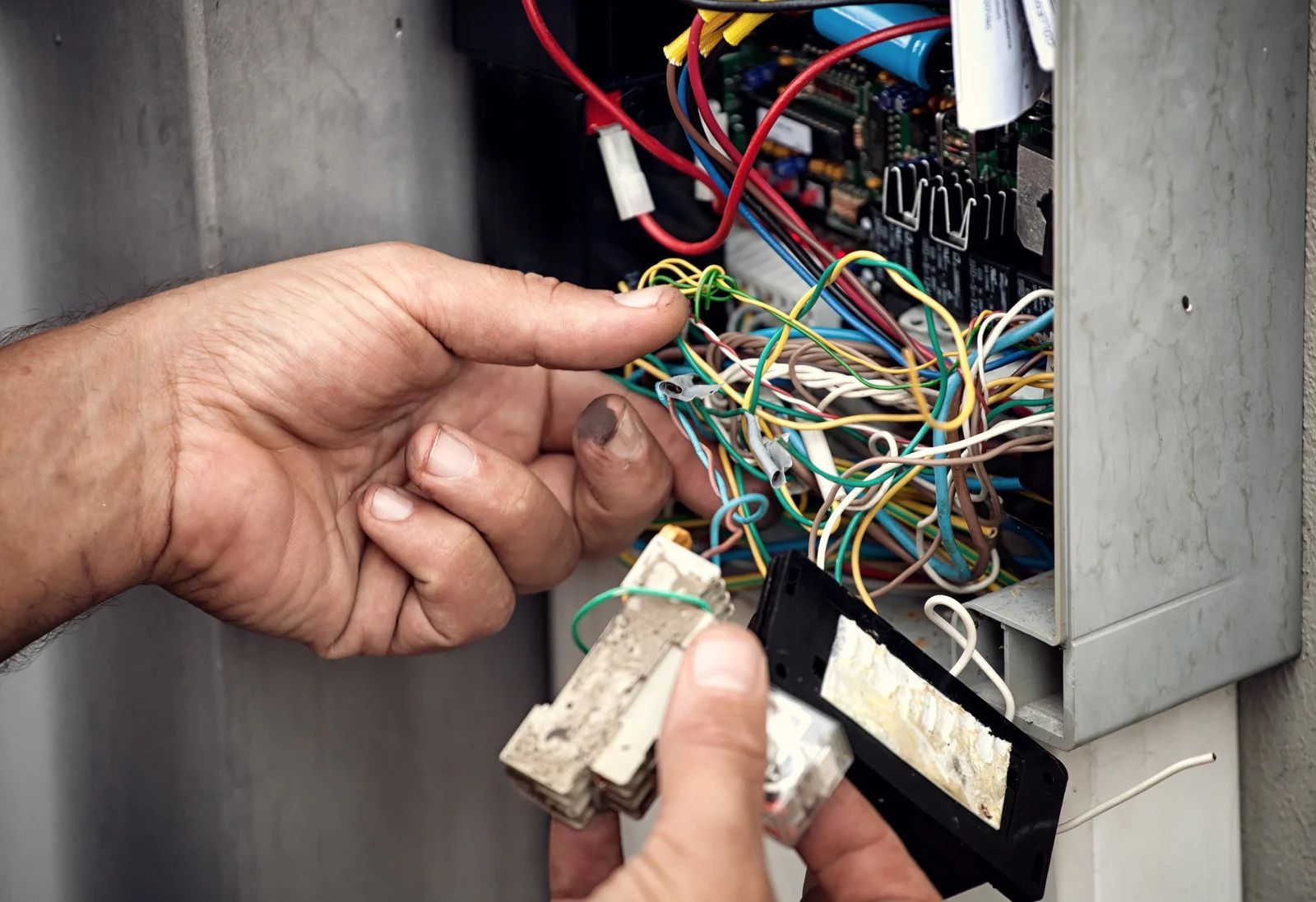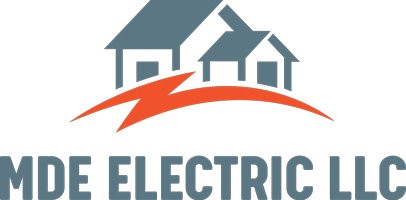Installing a Home EV Charger? Here’s What You Need to Know
September 5, 2025
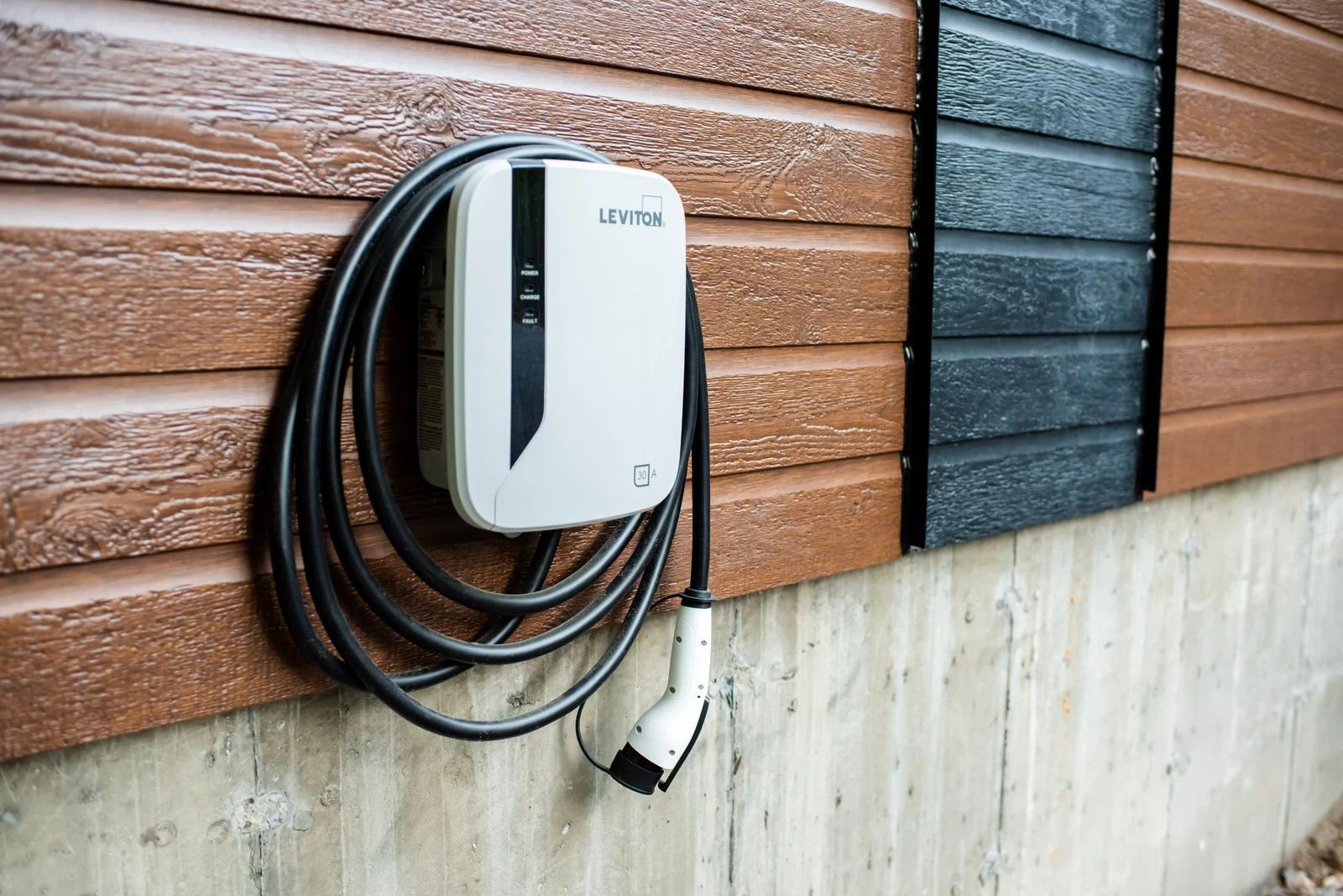
As electric vehicles (EVs) become increasingly popular, many homeowners are exploring the convenience of installing a home EV charger. Charging your EV at home can save you time, money, and hassle compared to relying solely on public charging stations. The ability to plug in overnight means waking up to a fully charged vehicle every morning, making daily commutes smoother and less stressful. Moreover, home charging is often more cost-effective and energy-efficient, especially when paired with renewable energy sources like solar panels. However, before you begin the installation process, it’s essential to understand the key factors involved, from assessing your electrical system to selecting the appropriate charger. Whether you’re new to EV ownership or upgrading your current setup, this guide will help you navigate the essentials of home EV charger installation.
Understanding Your Home’s Electrical Capacity
The first step in installing a home EV charger is evaluating your existing electrical system. Most EV chargers require a dedicated circuit, typically 240 volts, similar to an electric dryer or oven. If your home’s electrical panel is outdated or lacks sufficient capacity, you may need an upgrade to handle the additional load safely. Consulting a licensed electrician is crucial to ensure your system meets the necessary requirements.
Choosing the Right Level of Charger
EV chargers come in different levels, primarily Level 1 and Level 2. Level 1 chargers plug into a standard 120-volt outlet but offer slow charging speeds, typically adding only 3 to 5 miles of range per hour. Level 2 chargers, on the other hand, require a 240-volt outlet and can add 15 to 30 miles of range per hour, making them ideal for daily use. Selecting the right charger depends on your driving habits and how quickly you want your EV to be ready to go.
Location and Installation Considerations
Where you install your EV charger matters; most homeowners place chargers in their garage or driveway where their EV is parked overnight. It’s essential to select a location with easy access to your vehicle’s charging port and one that is close enough to your electrical panel to minimize installation complexity. Weatherproof chargers are available if you plan to install the unit outdoors.
Permits and Safety Compliance
Installing an EV charger involves electrical work that may require permits and inspections from your local municipality. Ensuring your installation complies with local codes and safety standards protects your home and investment. Professional electricians will handle these requirements efficiently, giving you peace of mind.
Cost Factors to Keep in Mind
The cost of installing a home EV charger varies depending on the charger type, electrical panel upgrades, and labor. Basic installations typically start at around $500, but more complex setups can reach $2,000 or more. However, government incentives and rebates for EV infrastructure installation can help offset these expenses, so be sure to research available programs in your area.
Trust MDE Electric LLC for Your Home EV Charger Installation
If you’re ready to make the switch to convenient, efficient home EV charging, look no further than MDE Electric LLC. With over 25
years of experience serving Milton, Florida, and its surrounding communities, MDE Electric LLC
specializes in professional and reliable electrical services tailored to modern needs. Our expertise ensures your
home EV charger is installed safely, quickly, and in compliance with all local regulations. Whether upgrading your panel or installing a brand-new charger, we are your trusted partner for seamless electric solutions. Contact us today to power your EV journey with confidence!
